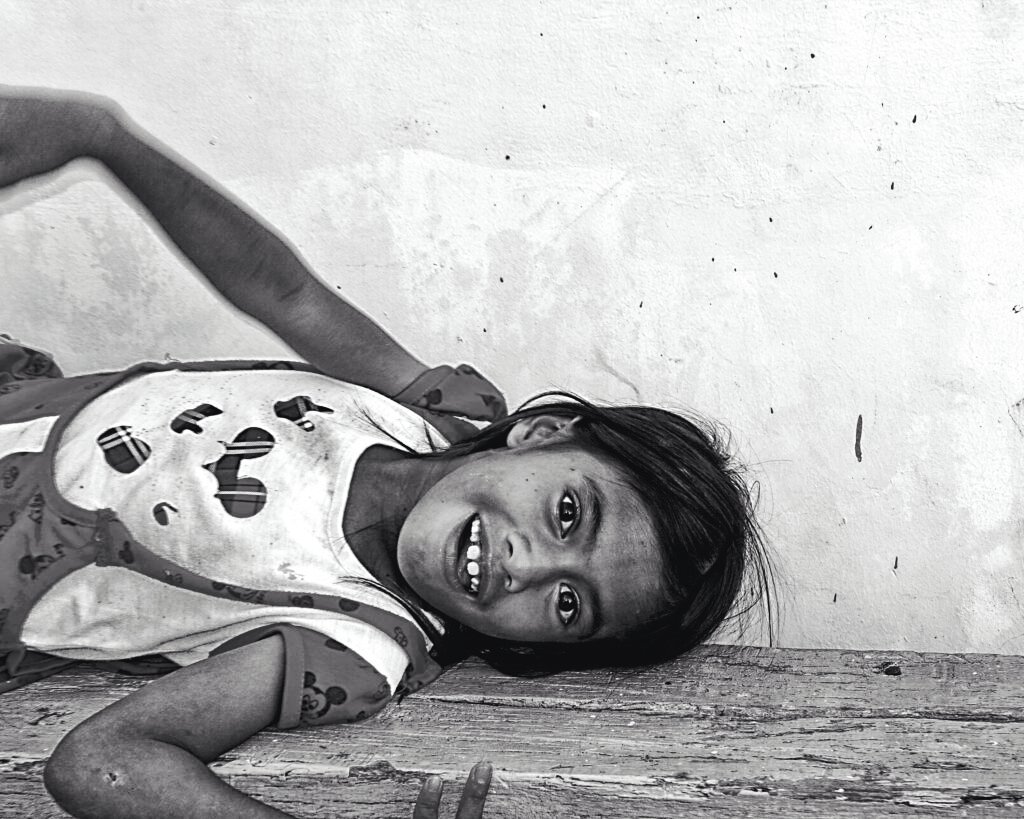
Along the brittle shorelines of Pangasinan, where salt winds scrape across the skin and the sun scalds the corrugated rooftops of fishing villages, a girl named Lira—nine, maybe ten—walks barefoot, dragging a rusted wire basket behind her.
She is a child of the tide, small for her age, bones like bamboo, dark hair sun-bleached and tangled. Her skin is toughened by brine and hunger, her eyes too old for the small, sharp face they inhabit.
Each morning before light breaks over the Lingayen Gulf, she slips out of the nipa hut where her younger brother sleeps curled around their only pillow. Their mother rises at the same time to mend nets or pack bagoong jars for the market. The father is a ghost—gone inland or gone drunk or just gone.
Lira heads straight to the shallows.
She is a sea urchin gatherer, what the locals call a batang dagat—a child of the sea. She feels with her feet, slowly, carefully, wading knee-deep through muck and coral scars. Her hands are covered in cuts, healed over like barnacles. Sometimes she wears plastic wrappers as gloves. Mostly, she just bleeds.
She pops the urchins open with a spoon handle, scoops the yellow roe into a reused water bottle. Uni, they call it in Manila, on sushi platters in air-conditioned malls. Here, it’s five pesos per spoonful, if she’s lucky.
At noon, she walks the roadside in slippers two sizes too big, knocking on tricycle windows with shy persistence.
“Uni po. Fresh.”
Some ignore her. Some give her coins out of guilt. Some say “Bumalik ka bukas, ha?” but never mean it.
She doesn’t cry. Not anymore.
When the sun becomes too cruel, she sits beneath a fallen coconut tree and hums to herself—old Ilocano lullabies her grandmother once sang when the storms came, when the lights went out, when the sea roared too close.
She dreams sometimes—not of toys or food, but of going to school in a uniform that fits. Of being clean. Of writing her name in ink. Of not smelling like salt and rust and low tide.
But the dreams pass quickly, like wind on the bay.
In the evening, she returns home with seaweed in her hair and sand in her pockets. Her brother runs to her, hungry. She hands him a piece of stale bread someone gave her for change. They eat it slowly, in silence.
Outside, the tide creeps in again.
She listens to the sea breathing.
Wonders what it wants to take next.
And sleeps with one eye open.